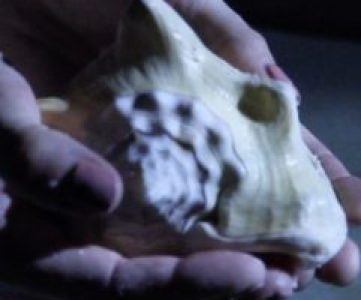TT Journal, ISSUE 4, 12th September 2022
By Gabriel Josipovici
Packed like sardines, yet upright in their seats, eyes fixed firmly ahead.
Where are they going? To the afterlife? To conquer a neighbouring country? To sell and to buy?
The beautiful symmetry of the steersman at the stern, holding the enormous primitive rudder, facing the crew. The pronounced curve of the boat, the men in the middle at the lowest point.
They stare straight ahead, but their backs are to their goal – they are rowers, after all.
Not a boat but the model of a boat, less than a meter long.
Why does it move me so much? When I first see it, in the Egyptian section of the refurbished Ashmolean Museum in Oxford, and now in the card I purchased as I left and which I look at as I write?
Moves me more than would a life-size boat, a real boat, in a real river.
Is it the sense of the men crowded into that small space as a community, silently and purposefully moving in their own time yet in a timeless present, without doubts, without thoughts, plying their oars?
Buried in the sands of Beni Hassan, half way along the Nile between Lower and Upper Egypt. To emerge again in the last century and eventually end up in the Ashmolean.
I am not interested in Egyptian Archaeology. Or in Ancient Egyptian naval technology. I am not ‘interested’ in this boat. It moves me. The silence of these men moves me. It speaks to me. Let me try and make its quiet voice heard.
Born in Nice to Russo-Italian, Romano-Levantine parents, Gabriel Josipovici lived in Egypt until he came to the UK in 1956. He taught at the University of Sussex at Brighton from 1963 until 1998, where he is now Research Professor in the Graduate School of Humanities. He was formerly Weidenfeld Professor of Comparative Literature at the University of Oxford. Josipovici has published over a dozen novels, three volumes of short stories and a number of critical books. Carcanet Press have published his work since his novel Contre Jour in 1986. His plays have been performed throughout Britain and on radio in France and Germany, and his work has been translated into the major European languages and Arabic.
You can also read more from Gabriel Josipovici in Tangible Territory journal (issue n.1):
